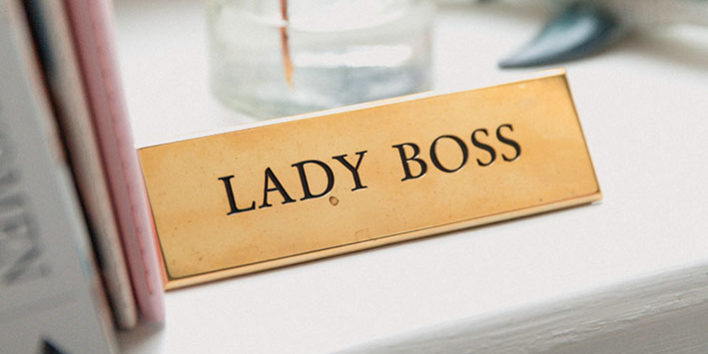What would it mean if I had a clean desk at the end of every day? Would I be able to find things more easily the next day? Would it mean that I finished something? Would it mean I had a beginning and an end to my work day? Would it mean I did not have very much work? If my physical desk is clean do I have to clean my computer desktop and file all my emails?
These are the questions I pondered this morning.
My small dance company
…works on a per project basis. Each project does have a beginning, middle and end, but they are not neatly lined up like ducks in a row following Mother Goose. It is messy. Projects in various stages overlap. Creative time involves books, research, talking to experts and pulling concepts together. For me, this is a different part of the brain from calculating rehearsal times, making schedules and contracts and following up on communications and confirmations of studio space availability. Fundraising is a game of chess, crossing chutzpah with humility and hoping it is the right move. Then there is the time of committing thoughts to paper for the choreography notebook and the outlined score with ideas for the stage direction. This usually happens just before the studio rehearsals begin.
The studio time
…is not to be disturbed. The act of directing a rehearsal happens when the mind and body are only thinking of the art. The dancers are waiting like uncut marble, their bodies are a moving sculpture – emerging with every step and breath. All is communicated from the choreographer’s body to the dancers’ bodies. All is put into a muscle memory which also draws from past experiences of dancing, performing and living. There is time to discover, transform and experiment. But this calls for a sense of creative flow.
The performance
…is an appointed time when the public views the work. It is a time when my vision is now in the bodies of the performers. They are the artists, the interpreters, the channel of precision which creates a cathartic transformation felt by the audience. It is now our vision.
When I was young
… and just starting out, I stood in awe of John Eliot Gardiner. We were in the rehearsal process for performances of Les Boréades (Jean Philippe Rameau’s last opera-ballet from 1764) in Aix-en-Provence. One afternoon during our rehearsal break we had lunch together with his secretary/agent. He was going over details of a rehearsal schedule for the next project, casting for another project in 9 months and he began to ask me about our company plans for the following summer. Seriously, I was just trying to get through the day and my head was quite empty of schedules, budgets and casting. How could he conduct a chorus and orchestra, take a lunch break and switch his attention to non-creative business and return to rehearsal with a fresh mind? Did he have a clean desk?
In my later years
… I still want a clean desk. However, like John Eliot Gardiner, I have learned to think, spanning over many time schedules, as one project overlaps another. Emails are filed once I have answered them. My computer desktop is organized once a week so when I Zoom in on The New York Baroque Dance Company Dance of the Month (which has turned into a weekly class looking at a new dance every month), I can find my notations and music more easily. My physical desk, well, that is another story. Which one? In the time of Covid our dining room is now my teaching studio and the table holds the computer and dance notes. My last Zoom meeting before the class required a project file with creative notes from past meetings and I did not have time to put it away, so even more papers were scattered about. There is the receipt which fell on the floor and was put on the table for later filing. A student asked a question in our Zoom class and the book I ran to get is still next to the computer. Use your imagination…and when did I invite those six people over for dinner?
These are the questions I pondered this morning.
It is Thursday. This is the day of the week I will clean the dining room table, file the books and papers on my real desk which is not in the Zoom room and make a new list of things to have done by tomorrow and a new list for Monday. If I can do this, I will have a beginning and ending to my work week. (It is a challenge to have a regular beginning and ending to the day so I have settled for the week.) At least this is my goal. Maintaining the Thursday clean-up keeps me sane and helps me to keep the calendar for different projects demanding their own time frames and lengths. But most of all, it keeps me in a positive mindset. Anxiety levels are lower. Optimism and good cheer can flourish.
Conclusion: I’ve created a flow and now I am going with it. You may have a different company, different challenges and different expectations for yourself. The expectations of how you can reach your “clean desk” may be different from mine, but I know you have some idea. Perhaps you can find a flow that works for you. The process may have to bend a little, but it is well worth it to examine the “clean desk” idea. As one’s career evolves, adjustments can be made.
Being in charge of one’s own business is a dream for many women, but the reality can be messy. Perhaps the “clean desk” concept will help!
Catherine Turocy.
Art. Lifestyle. Mental Wellbeing. Women’s Empowerment.
If you enjoyed this article and would like to help us support this beautiful project so we can continue creating amazing content; please help us by donating as little as the cost of a coffee or as much as you like.
and






